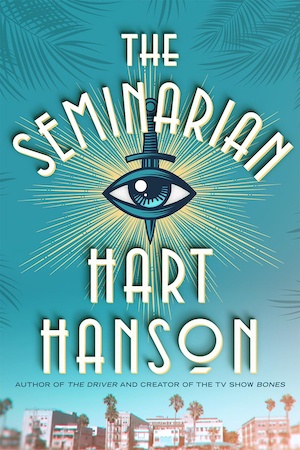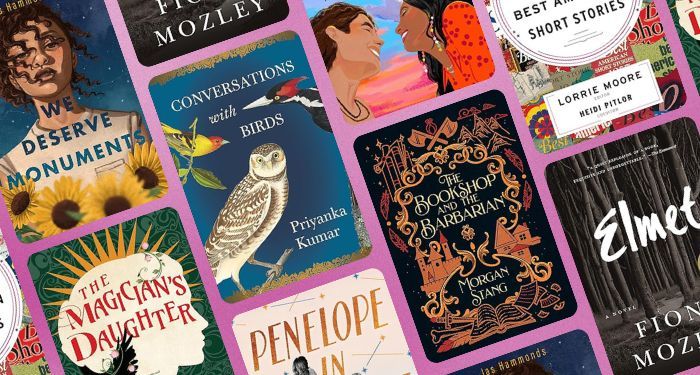The Mutual Friend is a stylized, laugh-out-loud funny social satire with devastating aim.
Like his long-running sitcom, “How I Met Your Mother,” Carter Bays’ debut novel is a New York City-set ensemble comedy with plenty to say about the discontents of modern life and the difficulty of connection, with one character who acts as a pivot around which the story hinges.
Alice Quick, originally named Truth, was one of twin baby girls adopted by two different families in the Midwest shortly after birth. A musical prodigy turned chronic underachiever, Alice feels rudderless and lost. She wants to be a doctor—possibly, maybe—but lacks the energy to follow through. Even registering for the medical school entrance exam is overwhelming.
When Alice’s roommate gets engaged, things go from difficult to worse. Alice is suddenly in need of shelter, and desperation lands her in a basement apartment near Columbia University. Finding housing in a convenient neighborhood seems lucky, but Alice quickly gets caught up in the whirlwind that is her new roommate, the imposing and mercurial Roxy.
Roxy is a tour-de-force character who epitomizes the ephemeral nature of life in 2015 New York City. She has a complicated yet hilarious relationship with reality, and the push-pull of her conversations with Alice is priceless. But Roxy is just one of the wonderful and absurd creations within Bays’ debut.
Like The Bonfire of the Vanities for the era of reality TV and social media, The Mutual Friend is a conflagration of cringe, as Bays paints a slightly heightened and terrifying vision of life in our age of distraction. Similar to Patricia Lockwood’s 2021 novel, No One is Talking About This, Bays’ novel sometimes replicates the thought processes of a brain addled by the overstimulation of the internet and omnipresent media: run-on sentences, a litany of random bits of information hitting the reader from multiple sources and a narrative that bounces from one topic to another with abandon.
More than anything else though, the nearly 500-page novel explores people bumping into one another and deciding if they have what it takes to make it stick. And because the book is poised for laughs and broad humor, its painful, critical sections hit harder. For example, Roxy’s second date with a slightly older man, Bob, whom she met on a Tinder-like service called “Suitoronomy,” goes south when she discovers that he’s the focus of a “DO NOT date this guy” blog post. Exposed, charming, dimpled Bob hits back with misogynistic venom. His response is beyond cringe; it’s repulsive. Yet it’s hard to dismiss Bob as a mere internet creep, as the novel gives him an origin story, too, and his tendency to follow the newest, shiniest thing is reflected throughout the larger story in many ways.
The Mutual Friend dwells at the corner of restless and randomness, displacement and dissatisfaction. The narrative is full of stray thoughts and chance encounters, everything fleeting and devastating. All told, it’s riveting.







